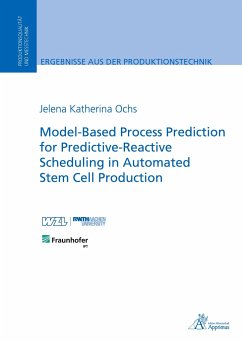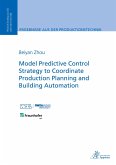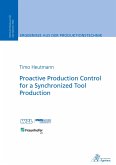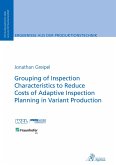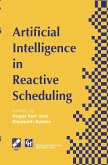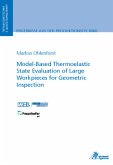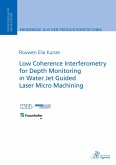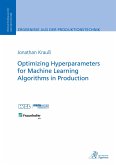Mesenchymal stem cells are highly relevant candidates for cell-based therapies. Since the production is complex and prone to high batch-to-batch variations, processes are increasingly automated. The StemCellDiscovery is a robot-assisted laboratory that allows end-to-end automation of stem cell cultivation processes in small-scale and parallel. Since the investment costs for such systems are high, the return of investment has to be fast to be profitable. Thus, an efficient production is crucial. This thesis investigates whether model-based, predictive-reactive scheduling is suited to increase efficiency in automated production of stem cells. Since the stem cell culture processes can be subject to sudden changes, robotic cultivation systems to date rely mainly on reactive scheduling approaches. While reactive schedulers ensure robust operation, they are not globally optimized and thus often inferior to predictive approaches. This can cause inefficient culture handling, suboptimal harvesting times and unnecessary consumption of system resources. To avoid this, the approach presented here utilizes a mathematical model to extrapolate the growth curves of mesenchymal stem cell cultures based on previous microscopic confluence measurements. This thesis presents a proof-of-concept for a predictive scheduler for generation of optimized schedules based on the model's confluence prediction. The predictive scheduler is complemented by a schedule repair heuristic designed to absorb process disruptions. Both elements are optimized and tested using a detailed simulation model of the production environment. The application of the resulting predictive-reactive scheduling approach is demonstrated by benchmarking against the reactive state of the art.
Bitte wählen Sie Ihr Anliegen aus.
Rechnungen
Retourenschein anfordern
Bestellstatus
Storno

